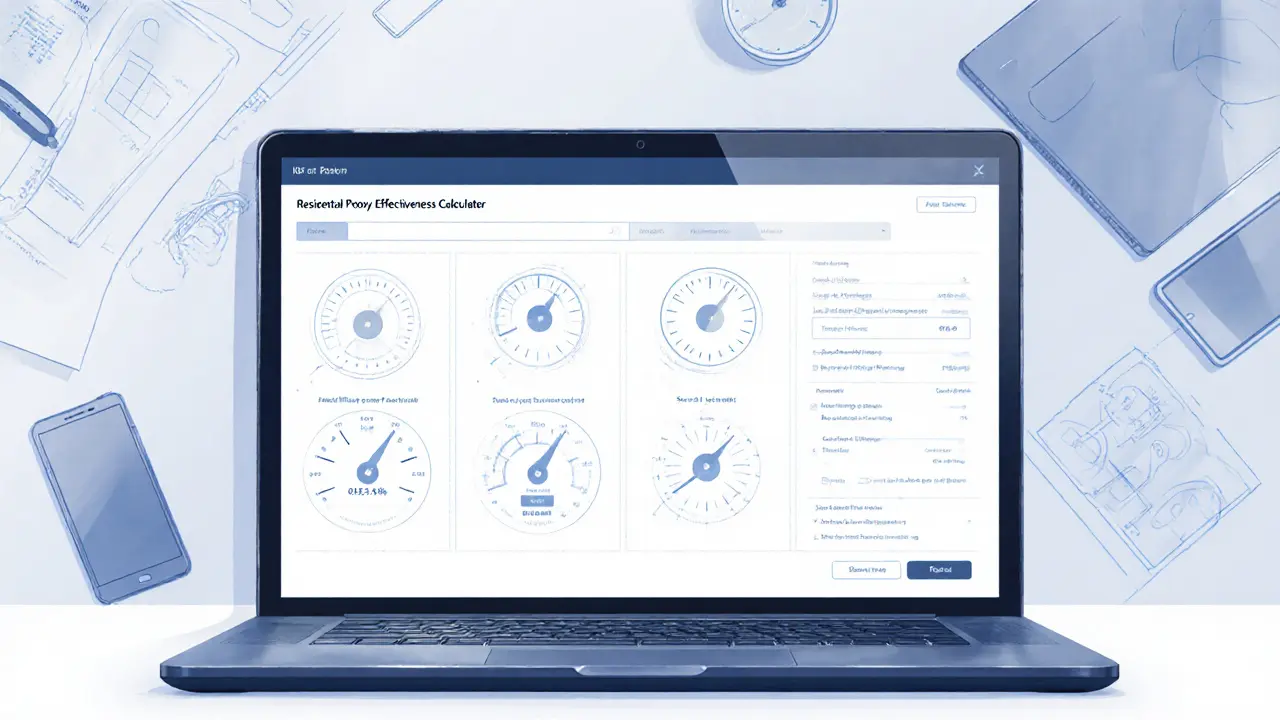Residential Proxies: What They Are and Why They Matter
When working with Residential Proxies, IP addresses that come from real home internet connections rather than data‑center servers, giving you a genuine‑looking online footprint. Also known as home IP proxies, they let you browse, scrape or test sites without triggering blocks. Residential proxies combine the reach of ordinary consumer IPs with the control of a proxy service, making them a go‑to tool for anyone who needs reliable anonymity.
Another key player is the proxy server, a middleman that forwards your requests through a different IP address, masking your origin and adding a layer of security. While a regular proxy server can be fast, it often uses shared data‑center IPs that are easy for sites to flag. Residential proxies, in contrast, look like everyday users, so they bypass many anti‑bot measures that cripple plain proxy servers.
Effective anonymity also depends on IP rotation, the practice of switching between multiple IP addresses during a session to avoid detection and rate limits. Residential proxy providers typically bundle rotation into their plans, so each request can emerge from a different home IP. This rotation improves data security by scattering your footprint across many locations, making it harder for any single site to block you.
One of the hottest use cases today is web scraping, automated extraction of data from websites for research, price monitoring, or market analysis. Residential proxies provide the necessary cover to pull large amounts of data without hitting captchas or bans. In practice, residential proxies provide IP rotation for web scraping, ensuring each crawl looks like it comes from a different real user, which keeps your scraper running smoothly.
Beyond scraping, residential proxies enhance privacy, the ability to keep personal browsing habits hidden from advertisers, trackers and hostile networks. By routing traffic through a residential IP, you hide your true location and device fingerprint. This privacy boost is especially valuable for journalists, activists, or anyone navigating restrictive internet environments where anonymity can be a matter of safety.
Choosing the Right Residential Proxy Service
When picking a provider, start with coverage: a broad pool of locations lets you target specific regions or test geo‑restricted content. Next, check reliability – low latency and high uptime keep your scraping jobs fast and your browsing smooth. Price matters, but the cheapest option often sacrifices rotation quality or customer support. Look for transparent pricing, clear rotation policies, and a responsive help team. Finally, verify the provider’s stance on ethical use; reputable services discourage illicit activities and offer tools for compliance with local laws.
All these factors – coverage, reliability, cost, and ethics – shape how well residential proxies meet your goals. Below you’ll discover detailed articles that break down the tech behind residential proxies, compare top providers, and share step‑by‑step guides for using them in web scraping, privacy protection, and more. Dive in to find the insights you need to make an informed choice and get the most out of residential proxies.

Residential Proxies for Crypto Trading: How Effective Are They & What Risks to Watch
Explore how residential proxies boost crypto trading bots, compare them to datacenter proxies, and learn the security, legal, and cost risks before you dive in.
